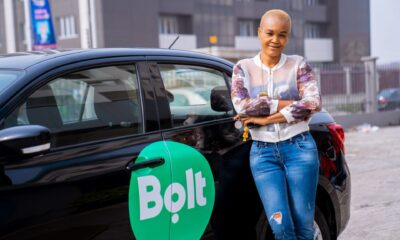Uber and Bolt drivers in Nigeria under the Amalgamated Union of App-based Transportation Workers of Nigeria (AUATWON), have suspended their strike action after five days of boycotting the apps.
The union via a letter disclosed that suspension of the strike action would last for seven (7) days, during which Uber and Bolt will meet with drivers to look into their demands.
The letter reads,
“The National President of AUATWON, Comrade Damola Adeniran has today called off the nationwide strike for seven days during which the app companies are expected to do the needful. This decision was reached based on the promises made by the app companies to look into our demands and invite us for deliberations in the coming week through the Office of the Register of Trade Unions at the Ministry of Labour in Abuja.
“We want to direct that effective immediately, our members are free to go back to their work. Further directives will be communicated in due time. Pending the resolution of the issues, especially the price mechanism, our members are advised to employ wisdom while carrying out their jobs with the customers”.
It is understood that following the removal of fuel subsidy by President Bola Tinubu-led administration, app-based transport workers such as Uber and Bolt embarked on a nationwide strike, calling on companies to address the poor working conditions caused by the subsidy removal.
During this period, much was still expected from app-based drivers, as companies continued to charge over 20- 25 percent commission fees and refused to sit at the table of negotiation with these drivers.
These drivers claimed that the app companies enriched themselves to their detriment and demanded that the commission charged for their services be reduced by 50 percent, and also stop the unlawful deactivation of drivers.
On the other hand, as a result of fuel subsidy removal, private owned transportation companies have also increased their fares to offset the higher fuel price. This has directly impacted commuters, who have to bear the burden of increased transportation expenses, Investors King understands.
Also, in many parts of the country, reports reveal that food prices have surged by an average of 100 percent across cities and significant towns, raising worries among millions of poor Nigerians.












